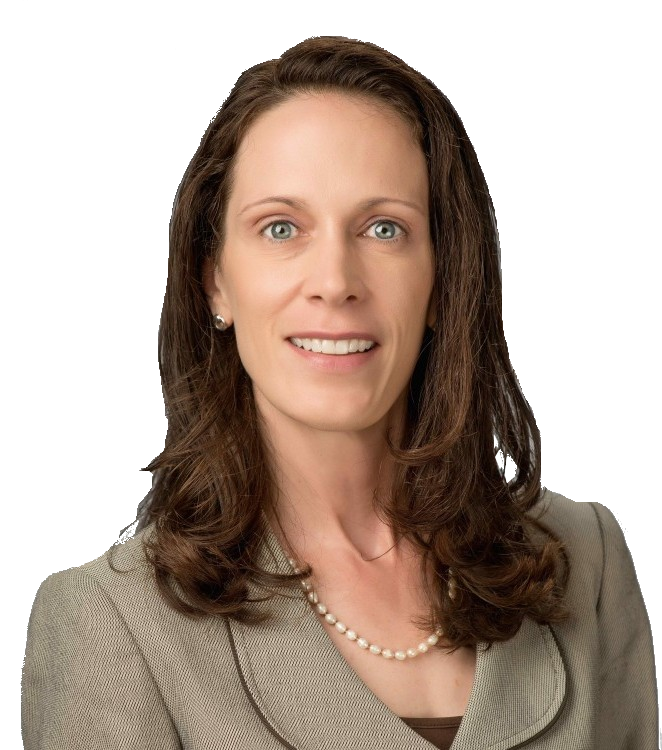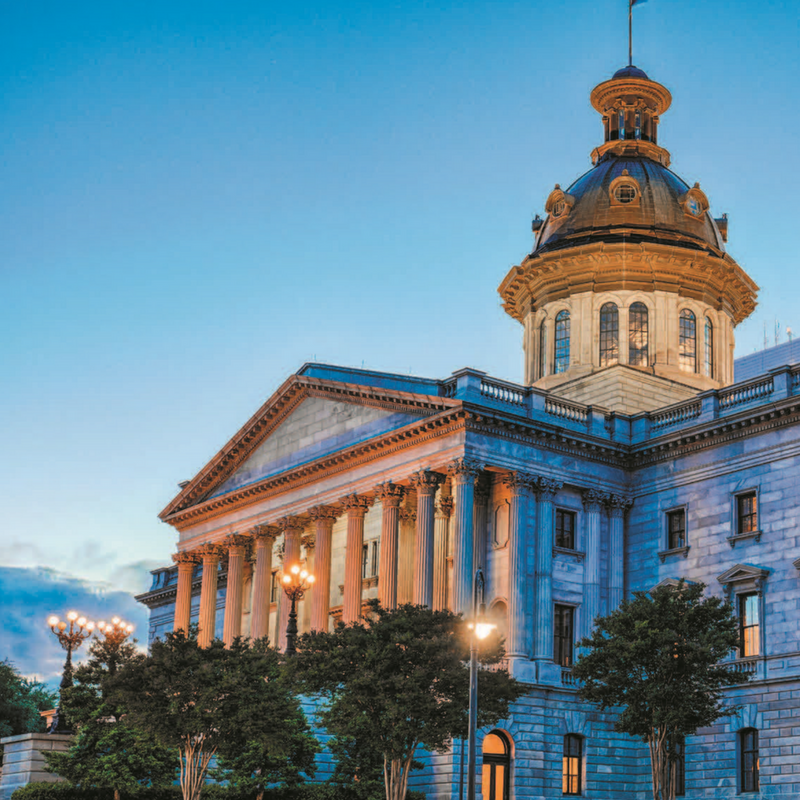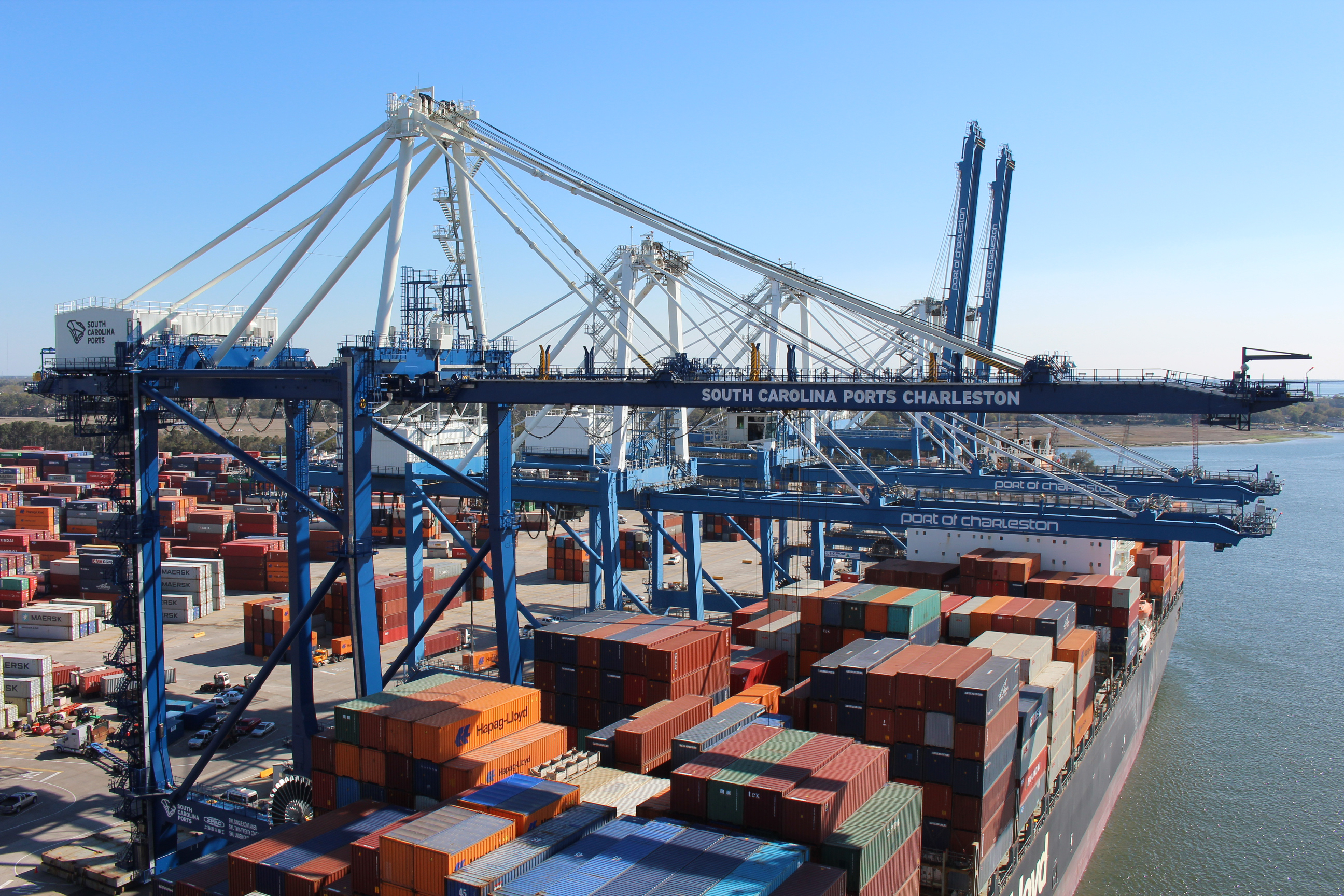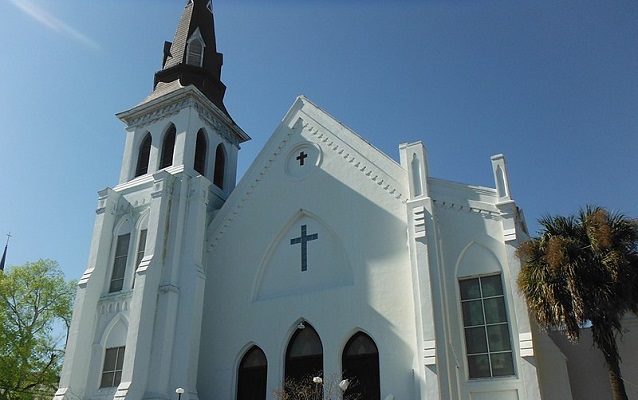PPI Lays Out SC’s Pro-Growth Tax Reform Roadmap
This article by Jamie Self originally appeared on the front page of The State newspaper on September 28, 2017.
The state of South Carolina does not now tax your produce, meats or most of what fills your grocery cart.
But it could soon.
South Carolinians would pay sales taxes on groceries for the first time in a decade if lawmakers adopt one pitch they heard Wednesday to overhaul the state’s tax code.
Meanwhile, S.C. taxpayers earning between $90,000 and $200,000 a year would see their income tax bills dip slightly under the proposal.
Those impacts on S.C. wallets are part of a proposal for taxing South Carolinians more fairly, Rebecca Gunnlaugsson said Wednesday, discussing years of tax data she analyzed with an S.C. House panel weighing how to reform the state’s taxes on individuals and businesses.

Critics of the current tax code say it is a morass of exemptions that result in some taxpayers paying high taxes while others pay little or nothing.
A fairer system, reformers say, would lower tax rates and do away with exemptions. Some taxpayers would pay more; others would pay less. But the changes would broaden the tax base by resulting in more people paying into the system.
(Lawmakers say their goal is to limit, as much as possible, any tax increases on S.C. residents.)
Gunnlaugsson is working with the Palmetto Promise Institute, a conservative S.C. think tank founded by former U.S. Sen. Jim DeMint, to provide lawmakers with a tool they can use to test how changes would impact taxpayers and the state’s budget.
The research is a starting point for lawmakers, said Gunnlaugsson, a consultant and former state Commerce Department chief economist.
South Carolina’s aging population and scores of deductions have led to an erosion of the state’s tax base that only will worsen without a change in policy, she said.
In the scenario she presented Wednesday, the state could lower its tax rates and increase the number of people paying into the system by:
▪ Lowering the state’s sales tax rate to 3 percent from 6 percent
▪ Reducing sales-tax exemptions on more than $70 billion in now-untaxed goods and services. The state’s 6 percent sales tax now applies on some goods and services – including meals purchased at restaurants – but not on others, including buying groceries or hiring an attorney or paying for many other services.
▪ Lowering the state’s top income-tax rate to 5 percent from 7 percent
▪ Reducing “inequitable” income-tax deductions and providing standard deductions of $10,000 for single filers, $15,000 for married couples and $20,000 for taxpayers filing as the head of a household. S.C.’s income tax credits and deductions cost the state $890 million in 2014, Gunnlaugsson said.
The changes to the state’s income and sales taxes would result in the state raising $133 million more in taxes, an increase that could be offset by tax cuts elsewhere, she said.
State taxpayers also would see small changes to their income tax payments, Gunnlaugsson said.
According to her analysis:
▪ Taxpayers with an annual income between $30,000 and $90,000 could expect to see their income taxes increase by less than $35 on average.
▪ Those making between $90,000 and $100,000 would see their tax bills decrease by about $76, and earners making $100,000 to $200,000 would pay about $136 less on average.
▪ Meanwhile, higher income earners, those making $200,000 or more, would see their tax bills increase by $640 or more.
‘Torch and pitchfork’
Calls for tax reform are not new.
After the Great Recession, lawmakers formed committees to study the state’s numerous taxes, fees and exemptions, but none of the recommendations gained any traction.
The House Tax Policy Committee’s chairman, state Rep. Tommy Pope, R-York, said he wants to come up with a bill – not “just a stack of recommendations” – by January, when lawmakers return to Columbia.
Pope said he would back a 5 percent income tax and 3 percent sales tax – “low-hanging fruit” for lawmakers looking to create a fairer, broader tax base, he said.
A more complex issue is a 2006 law – Act 388 – that exempted homeowners from paying school operating taxes, shifting that tax burden to businesses, second homes and rentals, the lawmakers said.
“It is the biggest unfair mess in South Carolina,” said state Rep. Bill Bowers, D-Hampton, who said state property tax laws have created a crisis in rural communities with little or no industry to tax.
Gunnlaugsson said, ideally, any tax reform would include repealing Act 388 and assessing owner-occupied homes at a 4 percent rate. However, she acknowledged the difficulty of reversing what was a boon to homeowners.
“Honestly, we gave away the farm with that. But as you know, once you give it away, it’s hard to get it back.”
Talking about again taxing owner-occupied homes will not go over well, Pope said. “You get the homeowners so excited that they’ll go to torch and pitchforks … before we ever get going.”
Does SC need a tax makeover?
How to make S.C.’s tax code fairer, according to an economic consultant and the conservative Palmetto Promise Institute think tank:
▪ Lower the state’s top income tax rate to 5 percent from 7 percent
▪ Eliminate state income-tax exemptions and itemized deductions, offering standard deductions ranging from $10,000 to $20,000, depending on the taxpayer’s filing status
▪ Lower the state sales tax to 3 percent from 6 percent
▪ Eliminate the sales-tax exemptions on groceries and some services
SOURCE: Palmetto Promise Institute and Acuitas Economics



